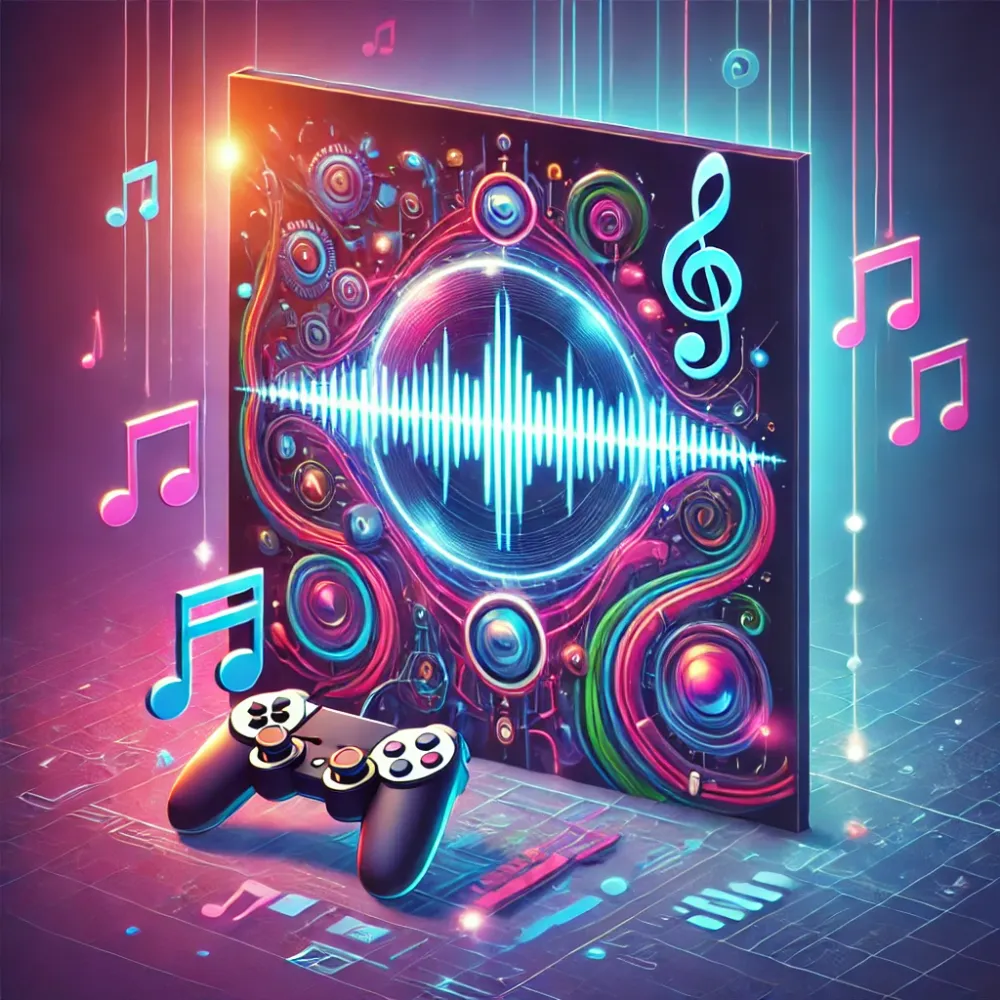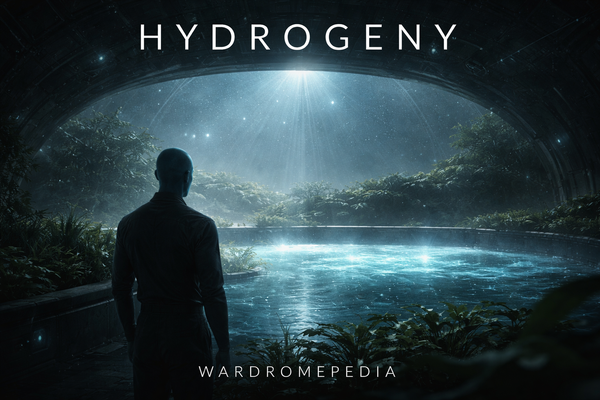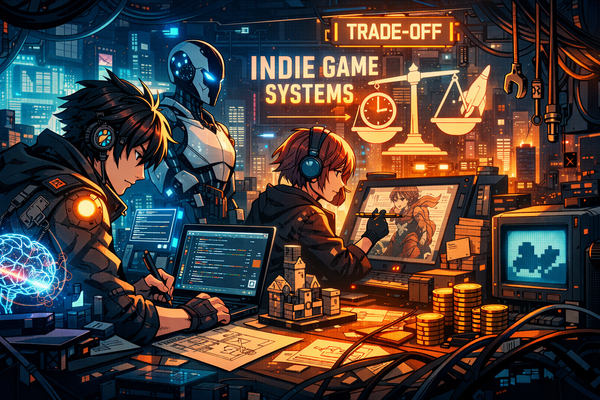How indie game developers can publish AI-Generated soundtracks on Spotify and other platforms
Indie game developers often create soundtracks that resonate deeply with players, enhancing gameplay and leaving lasting memories. With the rise of AI tools like Suno, even developers without musical expertise can craft professional-quality soundtracks. But why stop at using these tracks exclusively in games? Publishing your AI-generated soundtrack as an album on platforms like Spotify, Apple Music, and others is a fantastic way to expand your audience, generate additional revenue, and gain recognition.
Here’s a guide to how you, as an indie game developer, can transform your AI-generated game soundtrack into a published album, and the tools you can use to make it happen.
Why publish your game’s soundtrack?
- Expand your audience
By releasing your soundtrack on streaming platforms, you can reach a global audience of music lovers who may not even know about your game. - Generate passive income
Monetize your music through streams, downloads, and licensing opportunities. - Enhance your brand
Publishing your soundtrack helps build your identity as a developer and artist, attracting fans and collaborators. - Drive interest in your game
A compelling soundtrack can act as an ambassador for your game, encouraging listeners to explore the full experience.
Step-by-Step guide to publishing your AI-Generated soundtrack
1. Prepare your soundtrack
- Finalize tracks: Ensure your tracks are well-mixed and mastered for optimal quality.
- Choose a theme: Arrange the songs in a sequence that reflects your game’s mood or narrative.
- Create cover art: Design visually striking album art that ties to your game’s aesthetic.
2. Choose a distribution platform
Several services make it easy to distribute your music to platforms like Spotify, Apple Music, Amazon Music, and more. Here are some popular options:
- TuneCore
- A beginner-friendly platform that distributes music globally. Offers transparent pricing and lets you keep 100% of your royalties.
- DistroKid
- Affordable annual subscription for unlimited releases. Great for indie creators with multiple projects.
- CD Baby
- Offers both digital and physical distribution. Handles licensing for additional revenue streams.
- Amuse
- A free option for artists starting out, with premium plans for additional features.
3. Upload and distribute
- Create an account with your chosen platform.
- Upload your tracks, metadata (e.g., titles, credits), and cover art.
- Select the platforms where you want your music distributed.
- Choose a release date and pricing (if applicable).
Tips for a successful release
- Leverage your game’s community
Promote the album to your existing player base via social media, newsletters, and in-game announcements. - Highlight AI innovation
Use your soundtrack’s AI origins as a selling point, showcasing the creative potential of technology. - Collaborate with influencers
Partner with streamers, YouTubers, or podcasters who cater to indie game and music fans. - Engage on streaming platforms
Create playlists featuring your album alongside similar tracks to increase visibility. - Do you want to promote your music? join PlaylistHUB and with coupon code RICARDOANTONIO you can get 10% discount.
The future of AI-Generated music in gaming
AI tools like Suno are not just helping indie developers create music—they’re enabling them to establish a presence in the music industry. By publishing game soundtracks, developers can connect with new audiences, monetize their creative work, and pave the way for innovative collaborations between gaming and music.
Publishing your AI-generated soundtrack as an album is a logical next step for indie developers looking to expand their reach and income. With platforms like TuneCore, DistroKid, and CD Baby, it’s easier than ever to share your music with the world. So why not let your game’s music play on, inspiring players and music lovers alike?
Whether your soundtrack sets the stage for an epic adventure or provides a chill ambiance, sharing it as a standalone album can unlock new opportunities for you as a developer and creator.




